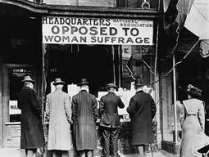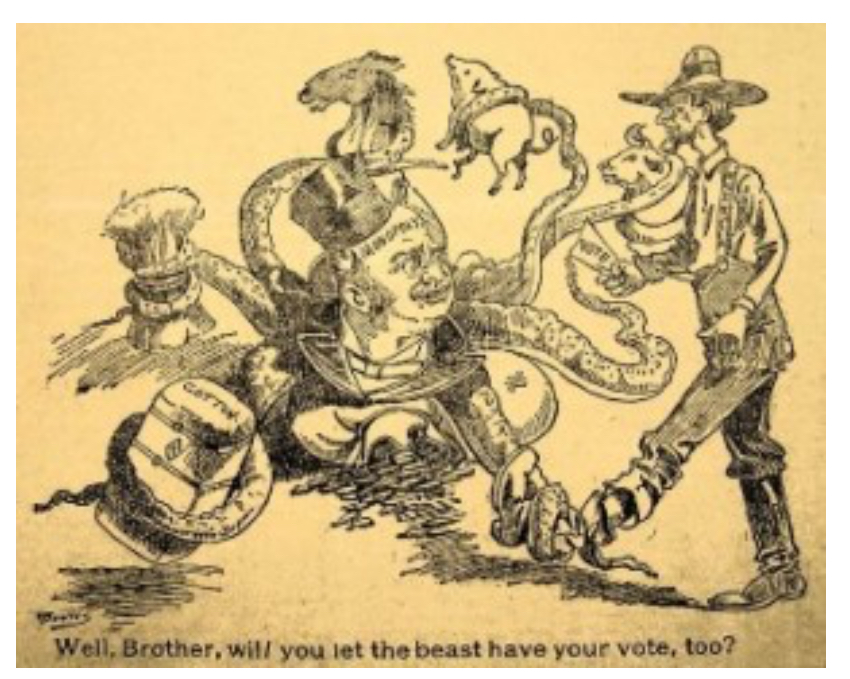Someone wrote to me in response to an analysis I made regarding charity. They wrote the often heard refrain: “I should be able to choose how and when MY money is spent.”
I responded with: “It isn’t your money as much as it is your privilege to have earned it.”
I wasn’t satisfied that what I said made perfect sense but there was something in that statement that felt relevant and it keep tumbling around in my head.
What I believe is that it is your money when you use it in the function of our economic health. That function, in my opinion, includes the operation of programs that provide safety and a springboard for the underprivileged, the sick, the poor, the elderly and for children, and also to create opportunities to expand or sustain the success and quality of life for all Americans.
What is confounding is that the people who complain the loudest about social spending don’t seem to have much of an issue with the well over 100 billion of their dollars that do nothing but line the pockets of already successful CEO’s through corporate welfare. No, it is only the  money that is spent on the poorest Americans that bothers them to a rabid froth.
money that is spent on the poorest Americans that bothers them to a rabid froth.
I could holler “Corporate Oligarchy!” back at the cries of “Socialism!” because that practice runs even more contrary to Capitalism, but something tells me that I won’t get anywhere.
Presumably, the justification is that corporations are providing jobs and so many people can overlook the hundreds of billions of unnecessarily spent dollars that could, in fact, lower their taxes, and instead they focus their disdain onto the American’s they’ve branded as “freeloaders” wanting something for nothing.
That is the “populist” point of view embraced by 70 million Americans, mostly Republicans. Populism, however, isn’t necessarily the most “popular” point of view, what it is, is a position to side against elitism. And elitism isn’t even popular with elitists.
It is, by it’s own definition, an anti-intellectual movement because populist ideas are not restricted to critical thinking in order to find their resonance. Rather they prefer emotional connections to a non-specific ideology. That’s why giant topics such as “taxes,” “patriotism,” “Christianity” and the “purpose” of government tend to be defined within this movement with platitudes that are easily digested by the general population and do not require serious contemplation.
Populism has its roots in the beginning of this country. It has roots, in fact, in the beginning of civilization extending back to the Roman Empire and it contends that popular interests should become the policy of the people. It is the opposite of “statism” which holds that a small group of professional politicians should determine those policies intended to protect the interests of the people.
 The American Revolution was a populist movement and while it defines our hunger for freedom, a populist government cannot sustain because of the unavoidable conflicting interests of a growing nation.
The American Revolution was a populist movement and while it defines our hunger for freedom, a populist government cannot sustain because of the unavoidable conflicting interests of a growing nation.
Our Founding Fathers knew that their charter had to be designed around a concept that includes statism because they realized that democracy, in itself, a populist concept, could lead to tyranny by a majority. They had the collective wisdom to predict that for the interests of the people to sustain (hopefully in perpetuity) that the population must be represented in accordance to a charter based on that representation; a Republic.
“Democracy,” John Adams theorized, “never lasts long. It soon wastes, exhausts and murders itself. There was never a democracy that did not commit suicide.” A democracy is nothing more than mob rule, where fifty-one percent of the people may take away the rights of the other forty-nine. The people, through a democratic process, therefore, elect representatives to further their interests; not as their proxy, but to participate in a Republic designed to protect them.
Populism conflates issues like civil rights, social programs, health care, even foreign aid, with a “majority rules” democracy. Never mind that populism often embraces ideas that are anathema to a Free Republic as it has attempted to block, during the course of history, women’s rights, minority rights, consumer and environmental protection, and even freedom of speech.
Populism opens the door for economic and political corruption; not because the public wants such realities, but because popular opinion can stand in the way of concepts designed to avoid such realities.
As populist voices thunder over preserving the Free Market and unbridled Capitalism, the safeguards to protect us from the fraudulent practices that robbed “everyday” Americans of investments and pensions are being vilified.
I say this over and over: Read the Constitution and the Bill of Rights. Study American history and the evolution of government through the Civil War, the World Wars, the New Deal and the Reagan Revolution. Investigate the meaning of “democracy” and “republic.”
I’m not so naive as to believe that everyone will then agree on every issue, but I believe the conversations that follow will, at least, begin to make sense.
Capice?
Some books that I recommend in that endeavor: “1776” by David McCullough, “Abraham Lincoln: The Man Behind the Myth” by Stephen B. Oates, “The Civil War” by Shelby Foote, “The Years of Lyndon Johnson: The Path to Power” by Robert A. Caro, “The Supreme Court” by William Rehnquist
